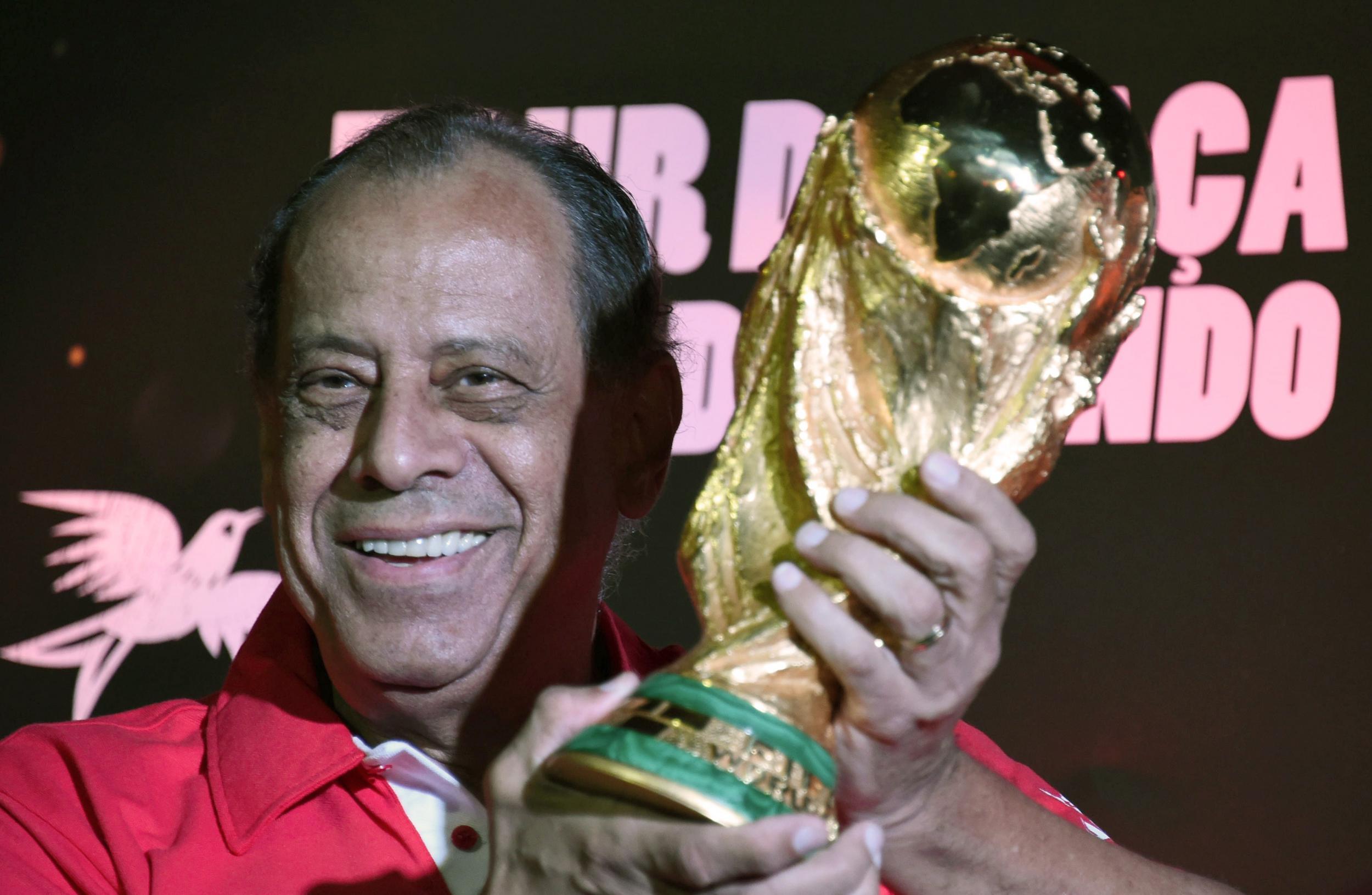Carlos Alberto dead: World Cup winning Brazil captain dies aged 72
The defender is the scorer of what is often considered the greatest goal in World Cup history

Your support helps us to tell the story
From reproductive rights to climate change to Big Tech, The Independent is on the ground when the story is developing. Whether it's investigating the financials of Elon Musk's pro-Trump PAC or producing our latest documentary, 'The A Word', which shines a light on the American women fighting for reproductive rights, we know how important it is to parse out the facts from the messaging.
At such a critical moment in US history, we need reporters on the ground. Your donation allows us to keep sending journalists to speak to both sides of the story.
The Independent is trusted by Americans across the entire political spectrum. And unlike many other quality news outlets, we choose not to lock Americans out of our reporting and analysis with paywalls. We believe quality journalism should be available to everyone, paid for by those who can afford it.
Your support makes all the difference.The captain of the legendary 1970 Brazil side Carlos Alberto has died of a heart attack, aged 72.
Alberto scored the iconic fourth and final goal as his national team thrashed Italy 4-1 in the World Cup final at the Azteca Stadium in Mexico.
The strike is often considered the greatest scored in the tournament’s history, and the win one of the best performances of any side ever.
The right-back won 53 caps for his country, scoring eight goals, and is lauded as one of the best defenders of all time.
Named by Pelé as one of the 100 greatest living players in 2004, he was also made a member of the World Team of the 20th century and is an inductee into the Brazilian Hall of Fame.
Alberto spent most of his career in Brazil with Santos, where he made 445 appearances over nine years, scoring 40 goals; an exceptionally good record for a defender.
Figures and football clubs from around the world have been posting tributes.
He began his career aged 19 at Fluminese in Rio de Janeiro, before returning in 1974. He left for arch-rivals Flamengo in 1977, but quickly joined the soccer revolution in the US in the same year after heading to the New York Cosmos.
Alberto moved into management after his retirement from playing. He took charge of a number of football clubs, including Fluminese and Flamengo.
His final job in football was as manager of Azerbaijan in 2005.
The 72-year-old also did commentary, and worked with Brazilian television network Sportv as recently as Sunday.
Join our commenting forum
Join thought-provoking conversations, follow other Independent readers and see their replies
Comments